Learning resources from Te Pou and Blueprint for Learning
On this page you can access the following types of free training for support workers that we provide:
- E-learnings – which are accessible on our e-learning portal Pūkoro
- In person and online workshops
- Other training resources, such as guides, videos and templates.
E-learnings
Our learning platform Pūkoro hosts these e-learning modules. Please note that to access these e-learnings, a free account must be created to log in to the platform.

Why Data matters – a micro-learning for support workers
This micro-learning explores how vital support workers are to national data collection, being the entry point for much of this information. It also explains how data is used by people in different roles in the system.

Sensory modulation e-learning
This introductory e-learning module helps ensure you can confidently use whakaāio ā-rongo sensory modulation as a tool in your mahi.
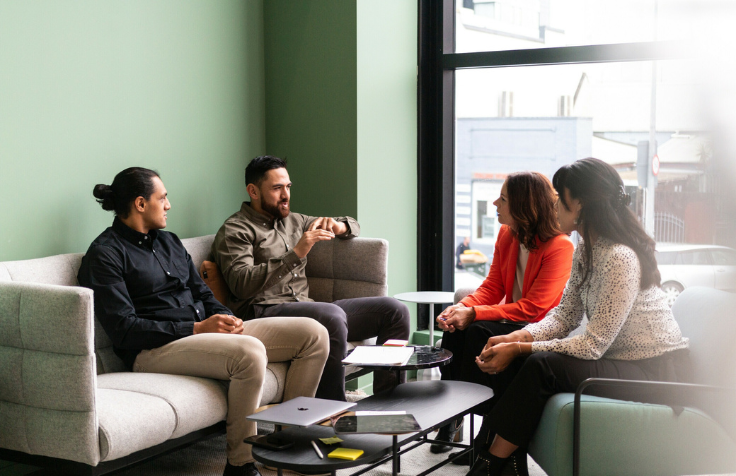
Mental Health Act Guidelines e-learning
Mental Health Act Guidelines e-learning modules have been developed to support the mental health workforce in application of the 2020 changes to the Mental Health (Compulsory Assessment and Treatment) Act guidelines.

SA(CAT) Act e-learnings
The overarching goal of the four SA(CAT) e-learning modules is to equip learners including authorised officers, responsible clinicians, and addiction workforce with current, culturally aware, and comprehensive SA(CAT) knowledge.
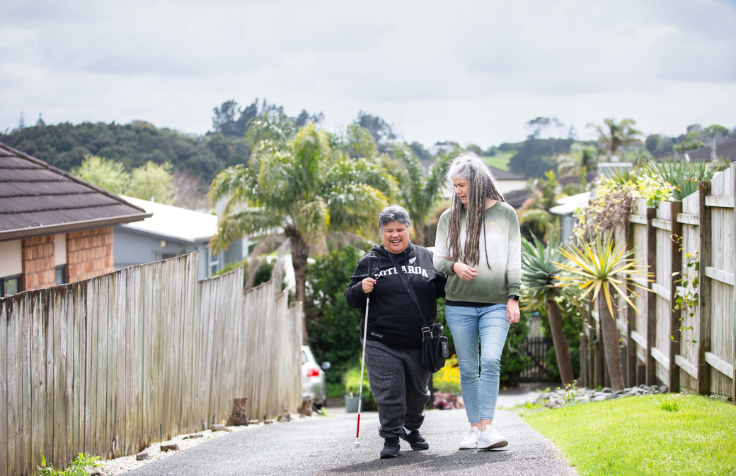
Disability e-learnings
Te Pou hosts a range of e-learning modules on Pūkoro around disability covering neurodiversity, sensory processing, fetal alcohol spectrum disorder (FASD), engaging with deaf and hard-of-hearing people, and brain, body and behaviour.
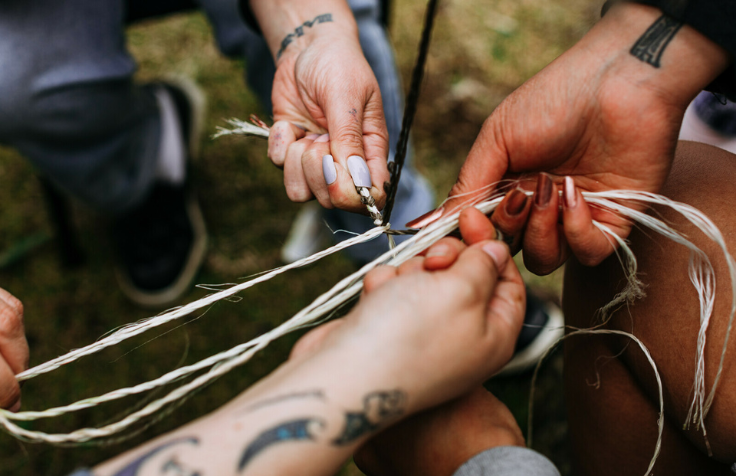
Co-existing problems (CEP) e-learnings
These modules are designed to provide kaimahi with information about co-existing mental health and addiction problems and other complex needs (CEP).
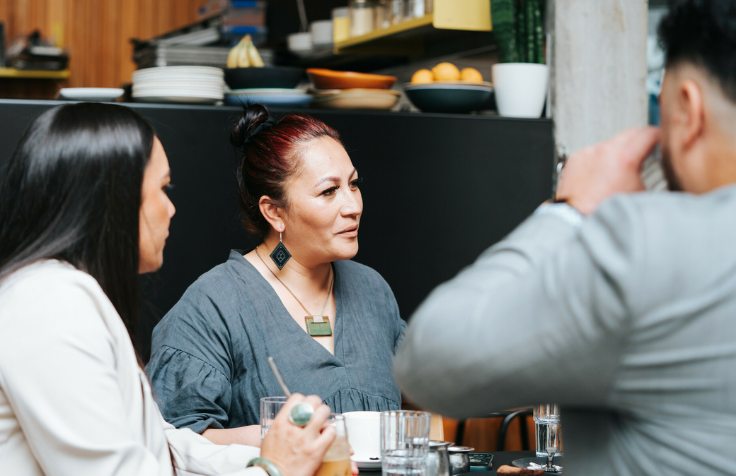
Reflective Practice (Supervision) e-learning
There are three e-learning modules that look at what reflective practice is, the benefits, contracting, tikanga within reflective practice, frameworks and models, reflective practice in action and facilitator-led and peer-led group reflective practice.
Keeping it Real | Kia Pono te Tika e-learnings
Let's get real is a framework that describes the values, attitudes, knowledge and skills required for working effectively with people and whānau experiencing mental health and addiction needs in Aotearoa. Let’s get real has recently been renamed to Keeping it Real | Kia Pono te Tika. These e-learning modules introduce the Real Skills of the framework.
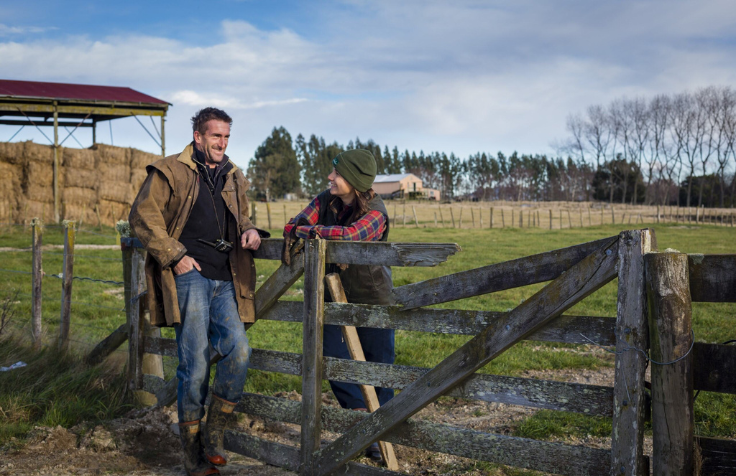
Working within communities
This essential level e-learning provides opportunities to explore and reflect on topics that relate to the Working within communities Real Skill.
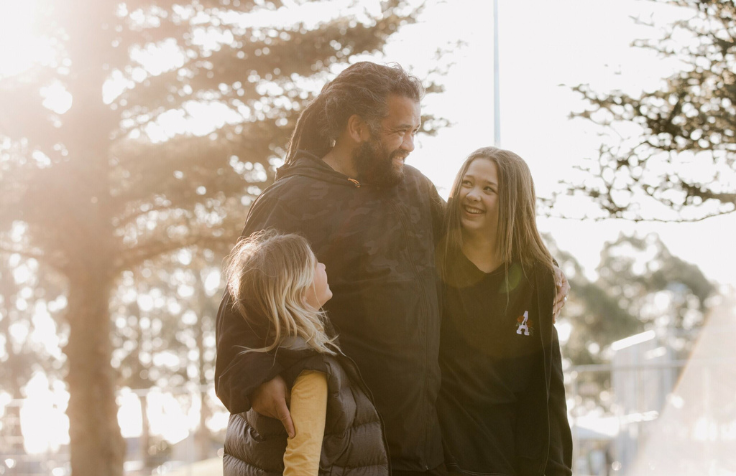
Working with whānau
The focus of this e-learning module is the 'essential' level Working with whānau Real Skill.

Working with Māori
The focus of this e-learning module is the 'essential' level Working with Māori Real Skill.

Trauma-informed and responsive approaches
The focus of this e-learning module is the 'enhanced' level of trauma-informed approaches explicit in several of the Real Skills
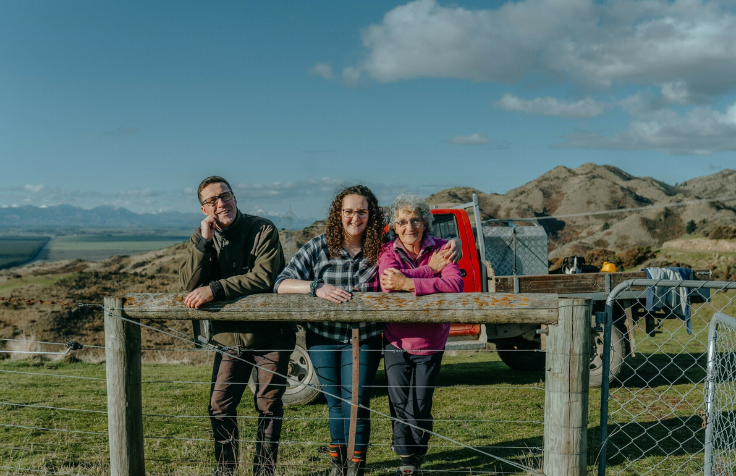
Tātou tātou: being with people and whānau
This e-learning aims to help you understand what engaging and being with people means for you in your role.

Peer coaching micro-learning series
This peer coaching micro-learning series is one of the Let’s get real Arataki leadership tools aimed at enhancing the skills and knowledge of leaders working in health.
Workshops
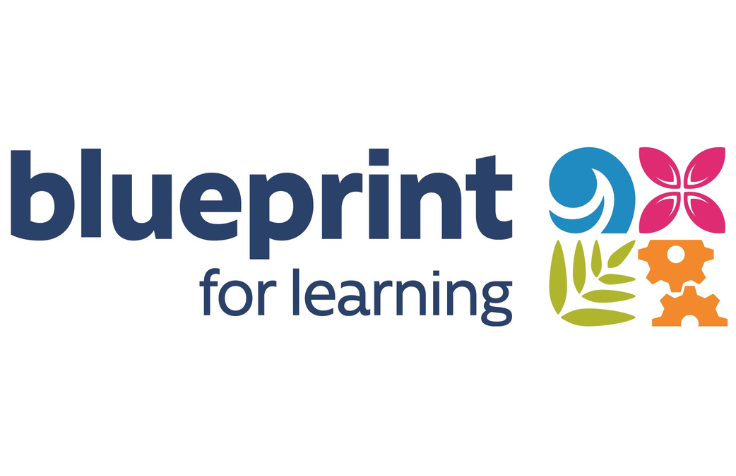
Blueprint for Learning
Blueprint for Learning is one of New Zealand’s largest training providers in mental health and addiction. Register for a free MH101 or Addiction 101 workshop here.

Substance use, intoxication and withdrawal management workshop
Te Pou is offering a workshop to help increase knowledge, skills, and confidence in knowing how to recognise and respond to intoxication and withdrawal when working in a clinical or community setting.
Other training and resources

Being trauma-informed: Principles and actions
Being trauma-informed: Principles and actions is a resource for kaimahi and organisations to create safe and supportive spaces. The resource helps us understand what a trauma-informed approach in an Aotearoa New Zealand context means, why it’s important, and shows examples of what we can do every day to make a difference.

Careerforce: Support Physical Wellbeing (Micro-credential) Level 4
This new NZQA-recognised Micro-credential provides a practical, short programme that equips support workers with the skills to identify early signs of physical health problems and assist people to access appropriate care. Graduates will be equipped to tackle health inequities, support the physical wellbeing of people with mental health or addiction challenges, and deliver care that is culturally responsive.
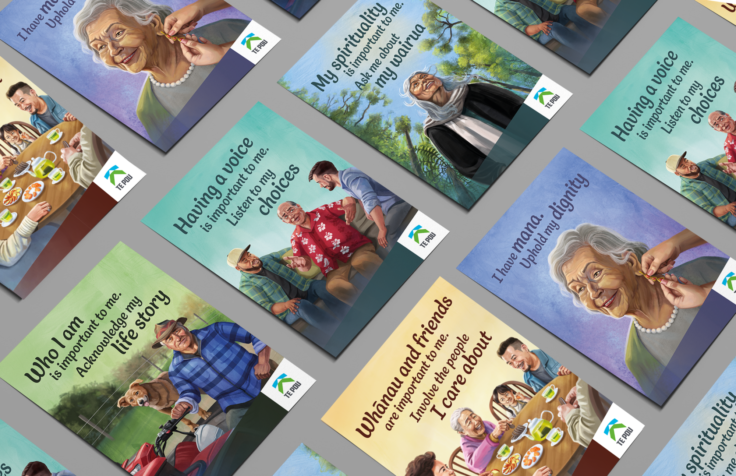
Kaumatua older people posters
This set of five posters is designed to support meaningful conversations among people who support older people experiencing mental health challenges and/or addiction. Each poster carries a message drawn from research with older people, reflecting how they wish to be treated when receiving support.
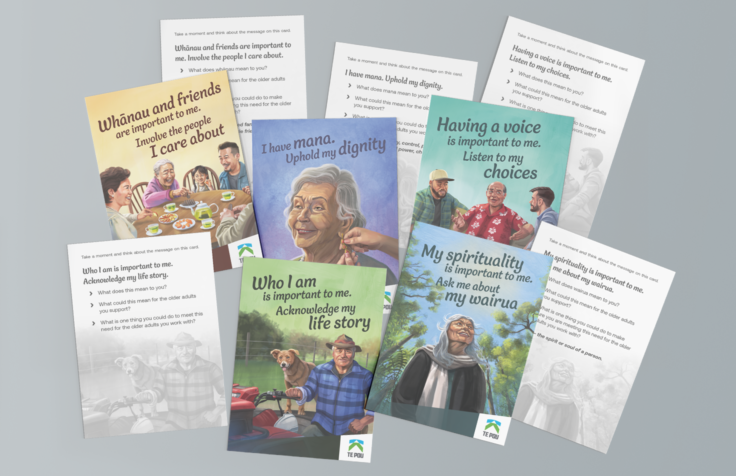
Kaumatua older people discussion cards
This set of five discussion cards is designed to support meaningful conversations among people who support older people experiencing mental health challenges and/or addiction. Each card carries a message drawn from research with older people, reflecting how they wish to be treated when receiving support.

Consumer, peer support and lived experience workforce training
Find training options and learning resources for the consumer, peer support and lived experience (CPSLE) workforce here. This page provides some options available to you when you are either starting out in lived experience work or if you are looking to grow and develop in your career in consumer, peer support or lived experience roles.
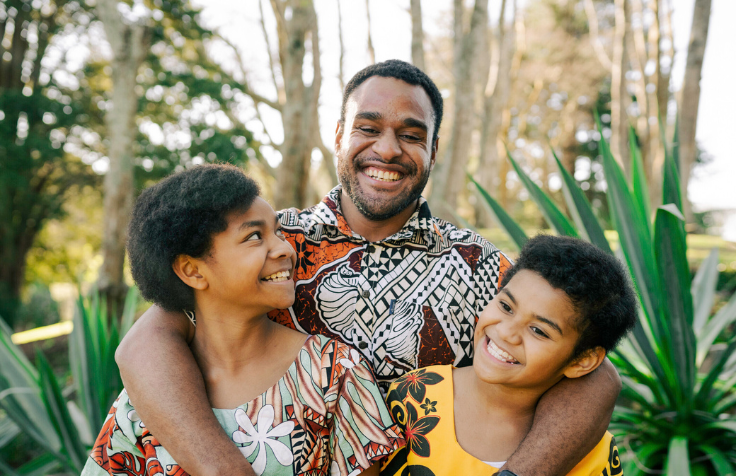
Equitable Access to Wellbeing framework
The Equitable Access to Wellbeing framework is a knowledge and skills framework for mental health, addiction, and disability workforces working in primary, secondary, and tertiary contexts. It aims to strengthen the workforce to provide better support and improve outcomes for disabled people experiencing mental distress and their whānau.
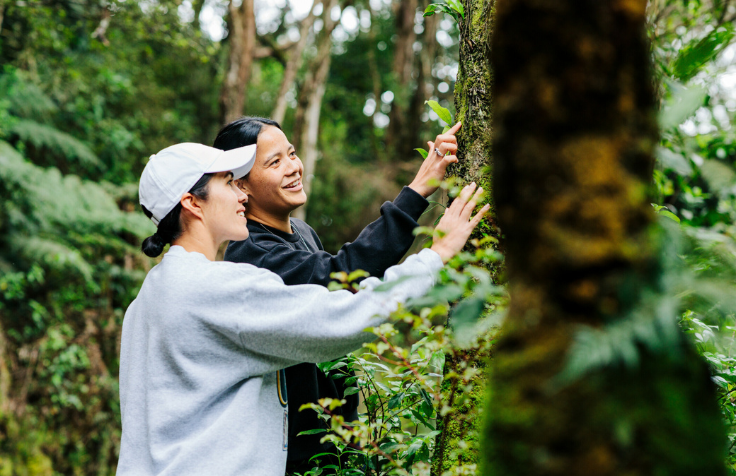
Reflective practice guides
This set of guides has been developed to support the mātau ā-wheako CPSLE workforce to engage in reflective practice. It provides an overview of reflective practice for the mātau ā-wheako CPSLE workforce, including different approaches, key elements of effective reflective practice, and benefits to mātau ā-wheako CPSLE workers. It also highlights culturally safe and responsive practice.
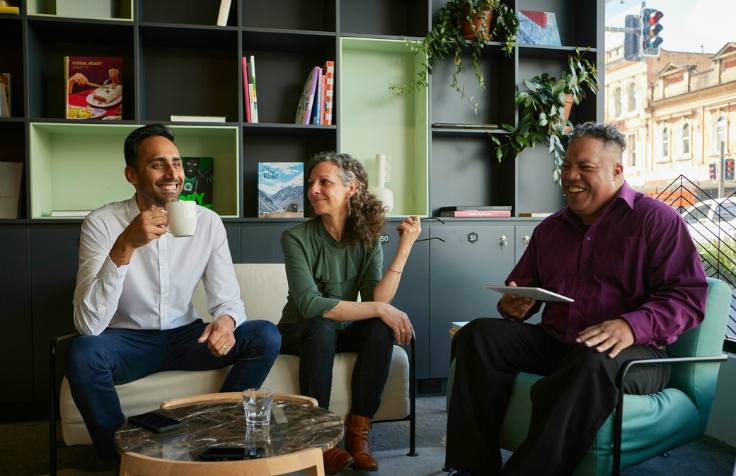
Supervision for support workers
This resource summarises information about supervision relevant to mental health and addiction support workers. It is based on a literature review undertaken in January 2022.

Worker wellbeing
Wellbeing encompasses several factors of working life, including the physical work environment, the climate and structure of the organisation, how workers feel about their work, and how safe, healthy, satisfied and engaged they are at work. Links to resources are included with a range of short videos where health sector workers and leaders talk about worker wellbeing.
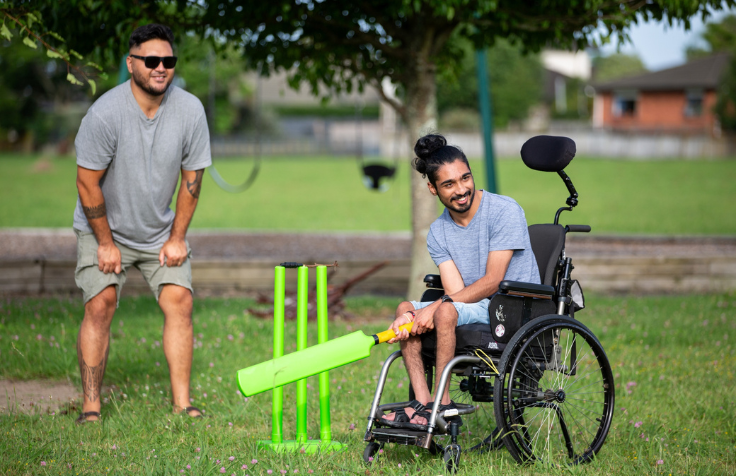
eCALD cultural competency courses
eCALD offers a range of face-to-face and online courses for both caring for culturally and linguistically diverse (CALD) patients from Asian, Middle Eastern and African backgrounds, as well as for working in culturally diverse workplaces. All courses focus on enhancing learners' cultural awareness, sensitivity, knowledge and practical skills.
